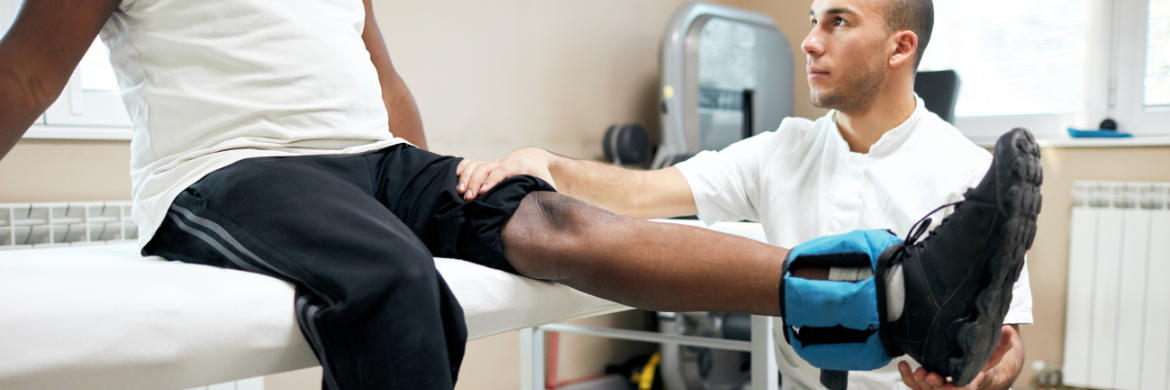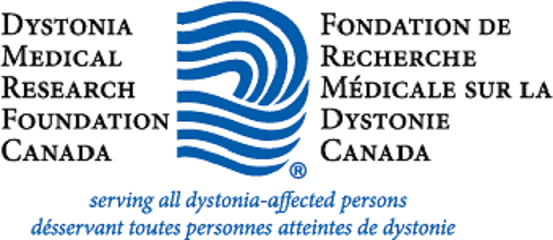
A movement disorder specialist may recommend non-drug approaches in conjunction with traditional treatments.
Non-drug approaches may include physical and occupational therapy as well as speech or voice therapy if appropriate. These approaches empower the individual with techniques to help achieve greater awareness and control over the body. Feel free to ask your movement disorder specialist about the following non-drug approaches:
- Physical therapy with a physical therapist who specializes in neurological conditions
- Occupational therapy
- Speech and/or voice therapy
- Relaxation and stress management
Resources
Physiotherapy and Dystonia - Resources for Physiotherapists and Patients
